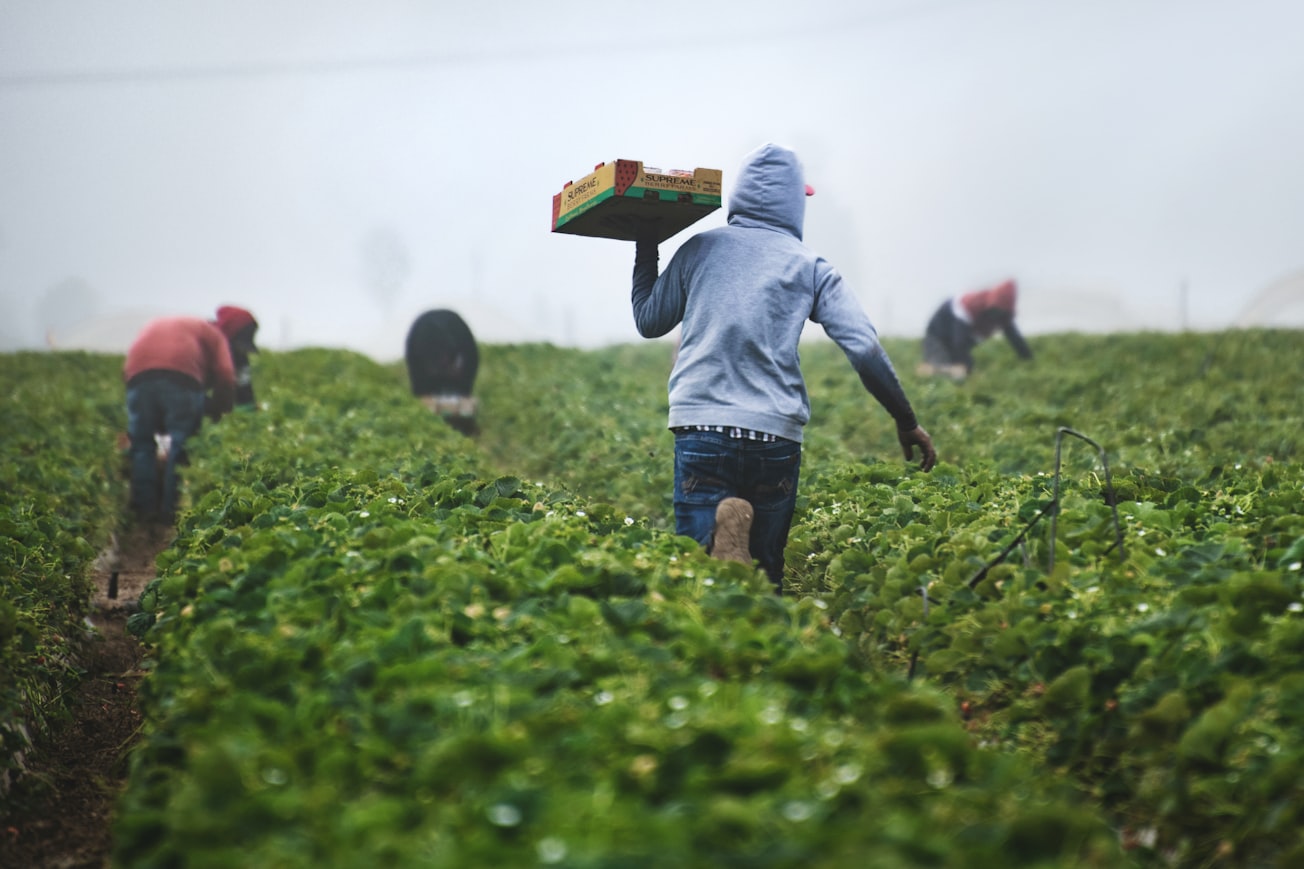What is it about?
The literature suggests that farmers’ work involves a number of operational difficulties. Although alternative food networks address the majority of their problems, they can potentially generate new hardships. The aim of this study is to examine the situational and engagement-related work difficulties associated with the everyday world of Community Supported Agriculture (CSA) farmers.
Featured Image

Photo by Tim Mossholder on Unsplash
Why is it important?
Our study shows that new modes of consumer-producer connectivity create novel situations and issues which farmers are forced to address. Three personal experiential themes emerge from the data to describe CSA farmers’ work difficulties: (1) Conflicted autonomy; (2) The pressure of boxes; (3) Social overload. The difficulties for CSA farmers seem to be rooted in the economic characteristics of alternative agriculture where farmers organize food production for the satisfaction of consumer needs. In addition, structural conditions require several different CSA farmer roles, which could even be conflicting.
Perspectives
Newer producer-consumer connections require both time and experience and involve extra effort or skills, but farmers often lack these abilities. The results show how perceptions of work processes relate to the general framework of CSA, which necessitates a distinct strategy for farm management
Professor Imre Fertő
Eotvos Lorand Tudomanyegyetem
Read the Original
This page is a summary of: The wellbeing paradox in Hungarian local sustainable agriculture: a health psychology approach, BMC Public Health, December 2022, Springer Science + Business Media,
DOI: 10.1186/s12889-022-14643-2.
You can read the full text:
Contributors
The following have contributed to this page







